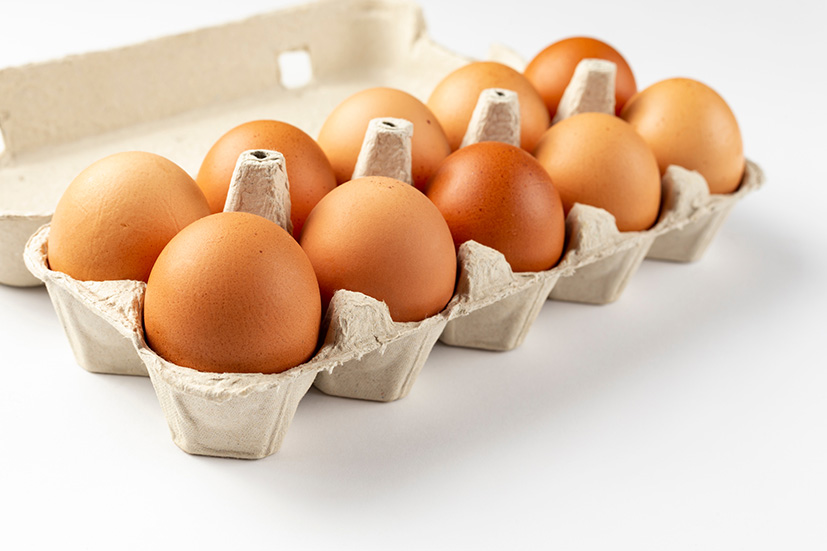Fluctuating egg prices are driving food manufacturers to explore plant-based and allergen-free alternatives. Market data shows that a dozen eggs ranged between $1.34 and $1.48 in mid-August 2025, down from $2.38 the previous year but significantly higher than levels in 2020. Analysts at MarketsandMarkets project the global egg replacer market to grow from $2.3 billion in 2024 to $3.3 billion by 2029, at an annual growth rate of 8%.
Eggs present challenges for substitution due to their multifunctional role in recipes. They contribute to aeration, emulsification, binding, colour, flavour, and texture across bakery and processed foods. Companies are developing ingredients that mimic these properties. Beneo has introduced fava bean protein concentrates combined with rice starch and prebiotic fibres to replicate egg functionality in muffins. Nutritionally, fava bean concentrates paired with rice protein create a complete amino acid profile.
Wheat-based solutions are also gaining traction. MGP Ingredients uses wheat protein isolates to replace 25–100% of eggs in bakery products, maintaining dough stability and texture. Manildra USA reports that wheat proteins can fully substitute eggs in cookies, muffins, donuts, cakes, brownies, and brioches, with hydrocolloids used for structure in high-fat cakes. Corbion offers egg replacers that support volume and texture in bread and sweet baked goods, with up to 100% replacement possible in cookies and pancakes.
Chickpea protein-based Egg Replace demonstrates similar binding, moisture retention, emulsification, and browning properties, with 50–100% egg replacement achievable in muffins, cookies, pancakes, waffles, brioche bread, and donuts. Plantible Foods’ Rubi Protein and Revyve’s yeast-derived ingredients provide allergen-free, vegan alternatives with high protein quality and functional performance, suitable for baked goods, meat alternatives, and plant-based products.
The trend reflects both cost management and consumer demand for plant-based and allergen-free foods. Manufacturers are increasingly investing in functional plant proteins and technological solutions to reduce reliance on eggs while preserving product quality, texture, and nutritional value.


